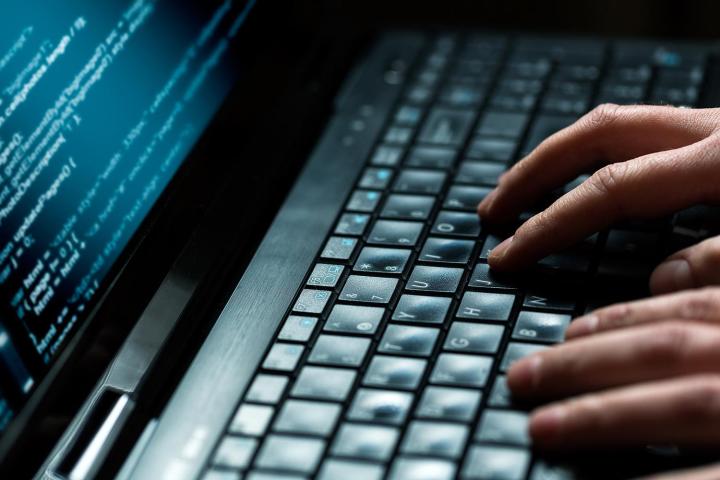
Meeting in Washington this week, President Obama and his British counterpart, David Cameron, are expected to announce more details about the initiative at an event on Friday.
The first of the ‘cyber war games,’ which the leaders see as part of an effort to protect critical infrastructure such as the energy, transport and financial sectors, is likely to take place later this year, with a simulated attack on each country’s financial centers. The exercise, which will be carried out with the full co-operation of Wall Street and the Bank of England, as well as other institutions, will be organized by a newly formed “cyber cell” operated by both nations.
Speaking ahead of Friday’s expected official announcement, the U.K. government said the simulated cyber attacks will aim to “test critical national infrastructure” in a bid to deal with the ongoing and increasing threat of online attacks carried out by anyone from those operating alone to those working for other governments.
Extra money will also be made available to train the next generation of cyber detectives to fight against the activities of online criminals, the British government said.
The news of the joint effort between the two countries comes just days after a group of apparent ISIS supporters hacked the Twitter and YouTube accounts of U.S. Central Command.
President Obama said the incident “just goes to show how much more work we need to do – both public and private sector – to strengthen our cyber security.”
Meanwhile, the U.K. leader caused controversy earlier this week when he spoke of the need for greater surveillance laws to tackle terrorism. In a speech coming soon after the Paris gun attacks, Cameron appeared to suggest apps like Snapchat and WhatsApp could ultimately face bans as he argued the apps’ encryption technology provides terrorists with a secret place to communicate.
[Source: BBC]


